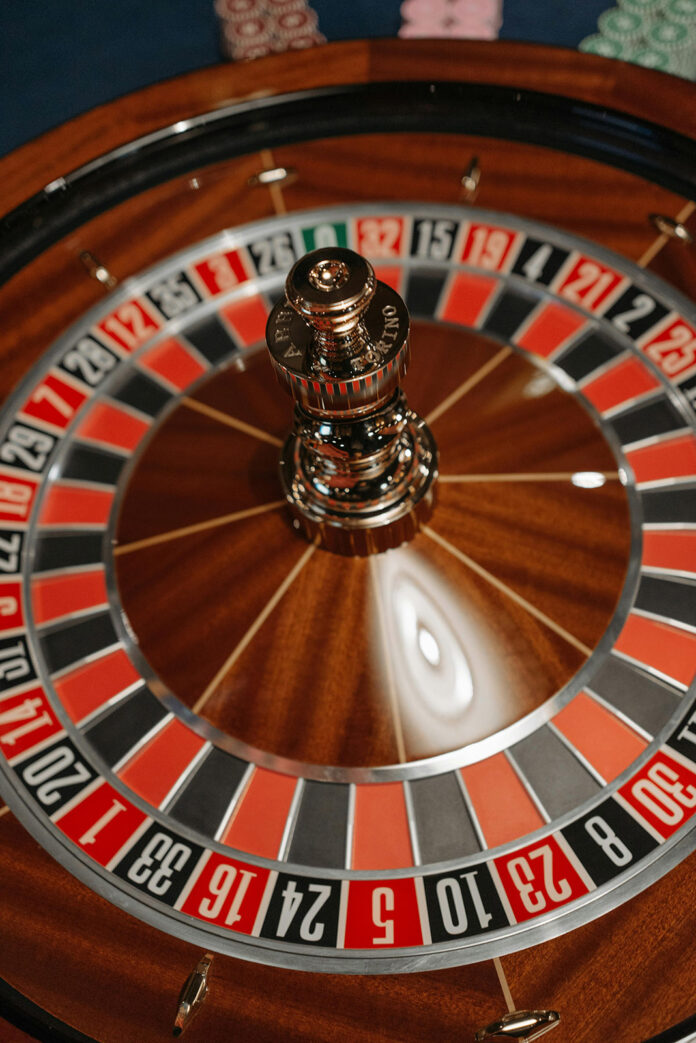
Ireland is famous for quite a number of things; its beautiful green landscapes, the popular drink Guinness, its rich culture and so much more. What you might not know is that in its rich culture lies a rich gambling history that can be traced back to the 18th century, where they would bet mostly on horse racing. Today, over 40% of the country’s adult population plays the national lottery quite often, and about 12% wager with a bookmaker weekly.
Plus, over €5 billion is gambled every year. All these just show how big of a deal gambling is in Ireland. You might wonder what exactly is drawing more and more people to gambling? Is it the perks like free spins or the extra adrenaline rush it comes with? Well, we might not know for sure, but what’s evident is that the numbers are really going up and Ireland is slowly making its way to the list of Europe’s most active gambling nations. Let’s actually look at how this gambling trend has affected the country’s economy.
Regulatory shifts
In the early days of gambling in Ireland, it was considered a pastime activity, and the government did not really regulate it. But when illegal gambling started getting into the picture, legislation was introduced to ensure that this was a regulated activity. This was the Betting Act of 1931, which established a licensing system for bookmakers so that only permitted people could take bets on horse racing.
Since then, different acts have been implemented at different times so as to support the gambling culture while still keeping things in check. Through the Gaming and Lotteries Act of 1956, more types of gambling, such as bingo, were legalised, and the first regulatory body, the Gaming and Lotteries Board, was created. Fast forward to now, things have really advanced. Seeing that the gambling laws they were operating under were quite outdated, the government decided to change things a bit in 2024.
A new bill, the Gambling Regulation Bill, was passed to introduce a more modern and comprehensive set of laws around gambling in Ireland. In fact, it repealed all pre-existing gambling laws and established the Gambling Regulatory Authority of Ireland (GRAI), the new statutory body in charge of regulating and licensing all gambling services in the country. The body actually became active just a few months ago, on the 5th of March, 2025.
This whole regulatory shift is such a big deal to the economy in several ways. First of all, it has brought about structure, especially in the current advancing gambling field, thus building the confidence of interested investors in the system.
Plus, it has brought a new level of protection for the players, and that sense of safety might make some of them spend more money and time wagering. The act has also established a more transparent system for gambling money to ensure that revenue leaks to illegal gambling and other grey areas are heavily reduced.
Source of revenue
The Irish gambling market has truly become a big source of revenue for the country. This year (2025), it is expected to generate up to €2.45 billion, with a projected CAGR of 2.24% from 2025 to 2029. Other than that, the betting industry contributes over €171 million in tax money to the Irish exchequer annually.
Of course, with the increasing number of players, especially in the online space, an increase in generated revenue is almost obvious. Can you imagine that, as of last year, it was anticipated that about 14.4% of Ireland’s population participated in online gambling? It’s no wonder the revenue generated from online gambling alone was projected at €1.24 billion.
Not forgetting the Irish National Lottery, which was introduced in 1986 and has, since then, remained one of the most popular lotteries in Europe. In 2023, approximately 1.2 million people played National Lottery games every week. The interesting part is that for every dollar spent on those games, 27 cents went straight to good causes that involved supporting thousands of communities throughout the towns and villages of Ireland.
Employment opportunities
You might be shocked to find out that the Irish gambling industry has employed over 6000 people. Simply, that means it has created over 6000 jobs all across the country, in sectors like tech support, customer service and so much more. The opportunities are both in online and retail gambling spaces and can be remote or in-person, depending on the nature of the job.
As iGaming expands, so do online casinos and sports betting. Hence, it is expected that the gambling industry will continue creating more jobs in Ireland, especially in tech areas. Actually, according to SCCG, this boom is really contributing to the country’s economic growth.
Well, so that they are not shooting themselves in the foot, the government, through the new legislative shift, is putting measures in place to ensure that it addresses any gambling-related concerns that might negatively impact things like productivity and the economy at large.
Indeed, more than being just a leisure activity, gambling also plays a huge role in the economy of beautiful Ireland. From opening up to more investors through a structured regulatory framework to bringing in revenue and creating jobs, the industry’s contribution cannot be ignored. With sustainability and responsibility at the forefront, what will stop wagering from continually being part of Ireland’s economic future?











